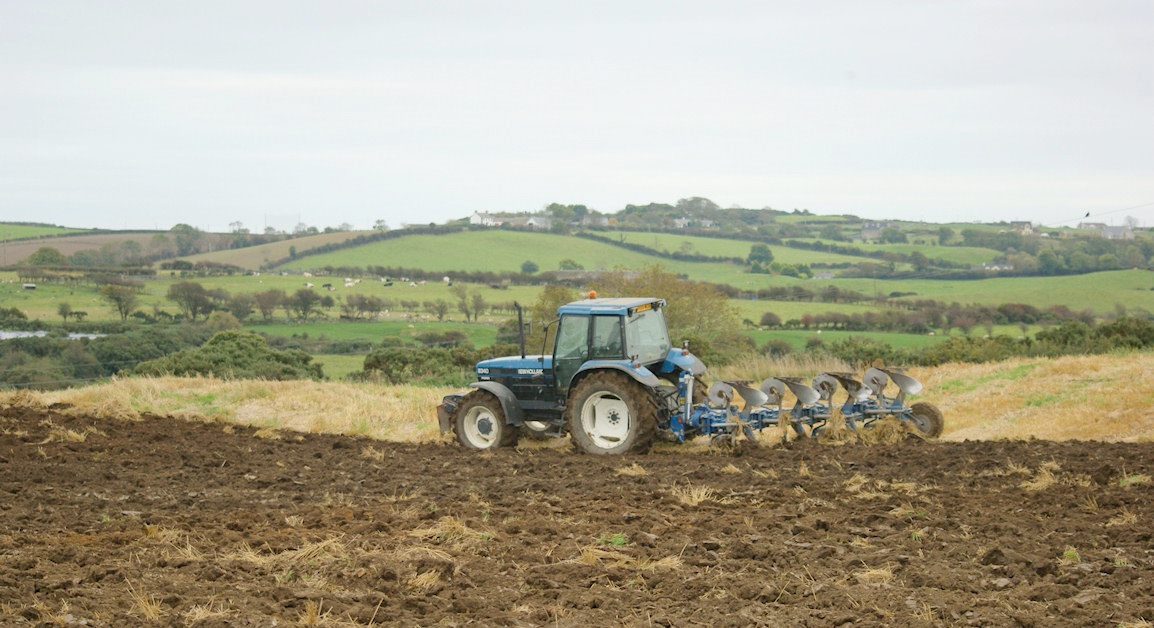
Farming unions in the UK have highlighted an extremely difficult year for farmers to the Chancellor of the Exchequer George Osborne ahead of the Autumn Statement.
The group of unions identified a number of key issues and reminded the Treasury 2015 has been an extremely difficult year, thanks to the collapse of commodity prices and the impact on cash flows of a drop in the sterling value of CAP payments.
“To help address volatility, we have asked the Chancellor to consider extending farmers’ tax averaging to a five year period. We have also urged him to extend the carry back period for trading losses from 12 to 36 months. This could help many farmers with shorter term cash flow difficulties,” said UFU president Ian Marshall.
Another concern is the planned reduction in tax credits from next April.
The groups say this will hit farming families on smaller units, where profits have dropped significantly. The UFU says it is hopeful the Chancellor will deliver plans to mitigate the impact of any cut in tax credits.
“We want him to give particular consideration to the self-employed as they will not benefit from the national living wage. We have suggested one step towards reducing the impact would be aligning the Class 4 national insurance and personal allowance threshold,” said Mr Marshall.
Many farmers, particularly larger growers in the horticulture sector, are concerned about the speed of the introduction of the national living wage. Many are already tied into supply contracts that limit their ability to pass on additional unexpected costs.
“The Chancellor needs to recognise the problems in introducing the national living wage from next April and we have asked for more time for businesses to adopt. We have also suggested aligning the employer and personal national insurance thresholds. It is unfair for employers to face both an increase in wage costs and then employers' national insurance payments on these higher wages,” said Mr Marshall.
The UK unions all agree businesses must focus on boosting productivity. They have welcomed the introduction of a permanent level of £200,000 for the Annual Investment Allowance to encourage investment in plant and machinery. “It is however essential that farm businesses invest in infrastructure that improves productivity and energy efficiency. We believe the lack of tax relief on this cost will continue to act as a barrier to investment,” he said.
